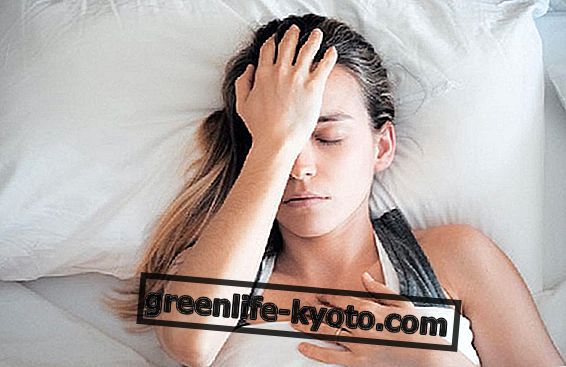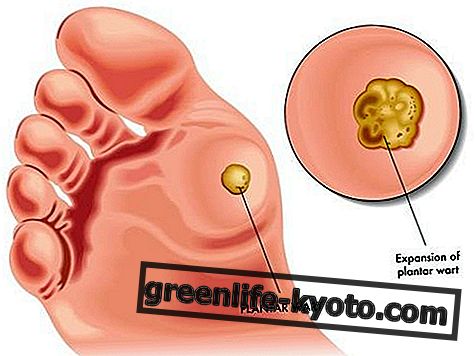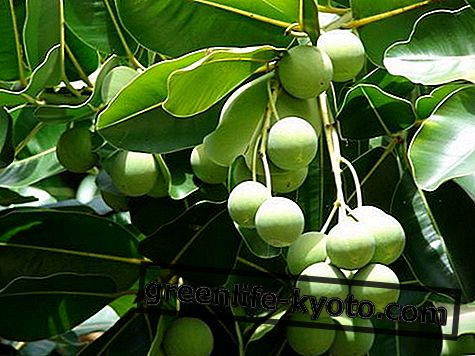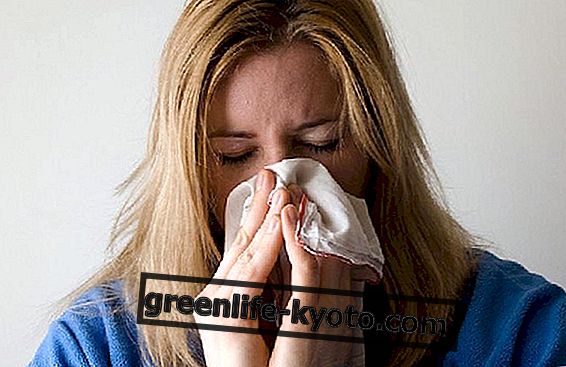
No Italy to glyphosate
Italy and France had voted "no" for the renewal of the use of glyphosate for another five years in Europe, but 18 countries voted against .
Germany, which had considerable importance for the final sentence, decided to say "yes" to the use of one of the most widespread herbicides, despite an initial hesitation. A surprising news for a country that in many ways has a "green" and environmentally friendly soul.
As communicated by "Il Corriere", the Italian position was to vote against renewal to limit the use of a substance on which dangerous debates are underway for human health.
And if the European Commission appeal committee decided to still authorize the trade and use of products containing glyphosate for five years, the old peninsula will therefore use this herbicide in a limited percentage, hoping for some last chance, like Italiaambiente.it communicates, perhaps by appealing to the Court of Justice of the European Union and appealing for annulment.
Here is a brief overview of who is against and who is in favor.
Against glyphosate: damage
Among controversies and scandals, politics and science, health and commercial interests, there are many environmental associations that have long been working to gather information, data and direct experiences about the dangerousness of this substance. A great mobilization is born immediately under the aegis of "Stopglifosato.it" with a facebook page and a petition to sign for ; this mobilization is related to the European one of Stopglyphosate.
In addition to Greenpeace, which says no to pesticides in general, to protect animals like bees, (here is the online petition), there are other groups that adhere to this collective no: FAI, ACP; Asso-Consum, FederBio, Il Fatto Alimentare, Lifegate, Legambiente, Lipu, Terra Nuova, Slow Food Italy, WWF, Italian Touring Club, WWOF Italia, just to name a few.
And certain images cannot be overlooked either. The photo of the "crystal child" of three years, born with ichthyosis, a disease that crumbles the skin, which in its time was one of the most representative images of the well-known Lodi Ethical Photography Festival, went around the world. The mother, according to the photo reportage of the photographer Pablo E. Piovano, always used glyphosate in her garden during her pregnancy.
In favor of glyphosate: it does not cause cancer
On the other hand, the Journal of the National Cancer Institute would conduct research on a sample of Iowa and North Carolina peasants demonstrating that there would be no direct correlation between the use of glyphosate and the emergence of forms cancer in humans.
Also according to EFSA and Echa (from ANSA agency), two European agencies for food and chemical safety, glyphosate would not be dangerous to health, at least not in the quantities in which it is found in everyday food.













